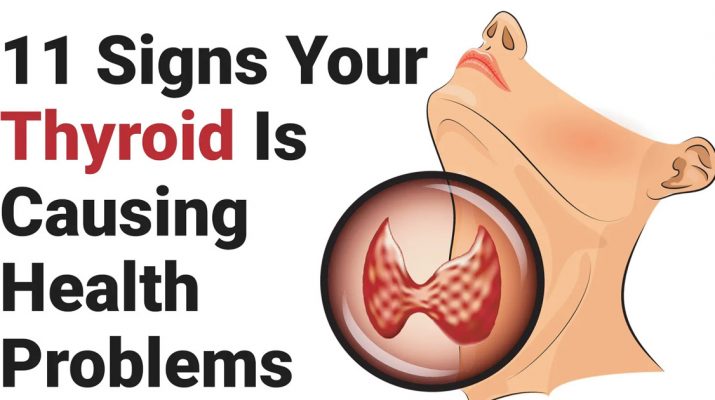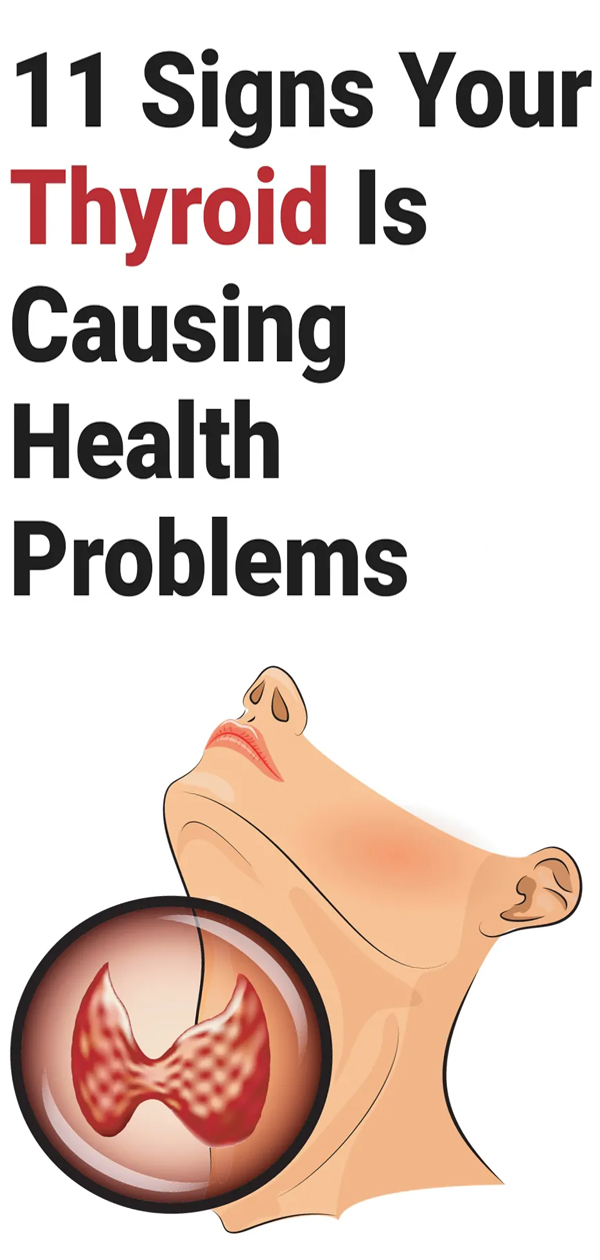If you’re not familiar with hypothyroidism, it is a medical condition whereby the thyroid gland loses its ability to produce the requisite amount of hormones that the body needs to properly function and, in some cases, produces far too much. Although men and women can both be diagnosed with the disease, older women, especially those over 65 are more likely to be diagnosed.
So what symptoms are indicative of hypothyroidism? Well, it’s important to note that during the early stages of the disease patients are often asymptomatic; it’s not until the disease has significantly progressed that patients begin to notice symptoms including
- Joint pain
- Weight gain
- Heart disease
- Infertility
- Constipation
- Muscle fatigue
- Thinning hair
Obviously, this is not an all-encompassing enumeration of symptoms, but it is a list of some of the more common issues that those with hypothyroidism may face. In this article, we will detail the etiology of the disease, treatments that are available, and the importance of seeking prompt medical treatment.
Is Hypothyroidism Causing You Health Problems?
Because hypothyroidism can mimic different health problems, you should consult with a physician if you are experiencing any of the previously mentioned symptoms. Your physician will likely perform a battery of tests to rule out other diseases that may be contributing to your illness, before starting a treatment regimen.
The Importance Of Seeking Medical Treatment
Not surprisingly, there is a subset of society that has an aversion to doctors and hospitals, and as a result, they often forgo seeking much-needed medical attention. It’s important that you don’t let this fear keep you from getting the medical treatment you need for a problematic thyroid gland. The longer you go without being treated, the worse your symptoms will become, often manifesting into myxedema, an advanced stage of hypothyroidism.
If the disease progresses to this point, you may develop an enlarged thyroid (also known as a goiter). Additionally, you may find that your cognitive abilities have been impacted, and you may develop low blood pressure. Myxedema can be life-threatening if you don’t seek medical care.
Overactive Hypothyroidism
Having detailed the symptoms and health concerns that come with an underactive thyroid, let’s take a moment to examine what an overactive thyroid entails. Unlike an underactive thyroid that doesn’t produce enough of the body’s needed hormones, an overactive one produces too much. This form of hypothyroidism can contribute to a hypermetabolic state, causing extreme weight loss. Additionally, those who have been diagnosed may exhibit the following symptoms:
- Insomnia
- Nervousness
- Anxiety
- Heat sensitivity
- Heart palpitations
Again, these symptoms are not listed in their entirety; however, they are some of the more common problems affecting those with hypothyroidism. It’s important that you seek medical treatment if you’re experiencing any of these symptoms as they may be indicative of hypothyroidism.
This type of hypothyroidism it can be caused by a number of things, ranging from Graves’ disease to certain medications like amiodarone, for example. Therefore, it is critical to seek medical attention to identify the root cause of your illness.
The symptoms associated with overactive hypothyroidism is wide-ranging, but of the many effects that this condition can have on the body, impaired vision is easily one of the scariest. In fact, according to the National Health Service, one in every 20 to 30 cases involving overactive hypothyroidism has resulted in a patient’s vision loss. To that end, will detail a few of the eye problems that are, for a lack of a better term, part and parcel of overactive hypothyroidism including
- Watering eyes
- Sensitivity to light
- Blurred vision
- Bloodshot eyes
- Bulging eyes
- Swollen or pulled back eyelids
Once again, this is by no means a comprehensive list of things to look out for, but they are some of the primary eye problems that those with overactive hypothyroidism have experienced. Once a physician has confirmed that your eye problems are linked to hypothyroidism, you will then likely be referred to an ophthalmologist who will, in turn, prescribe prescription eye drops, steroid medications and, in extreme cases, recommend surgery as part of your thyroid treatment.
In summation, hypothyroidism is a condition that requires prompt medical attention in order to avoid a myriad of health problems. Obviously, we are not able to address every nuance of the disease in this article, and therefore, we encourage you to seek thyroid treatment if you experience any of the symptoms denoted throughout this article.


